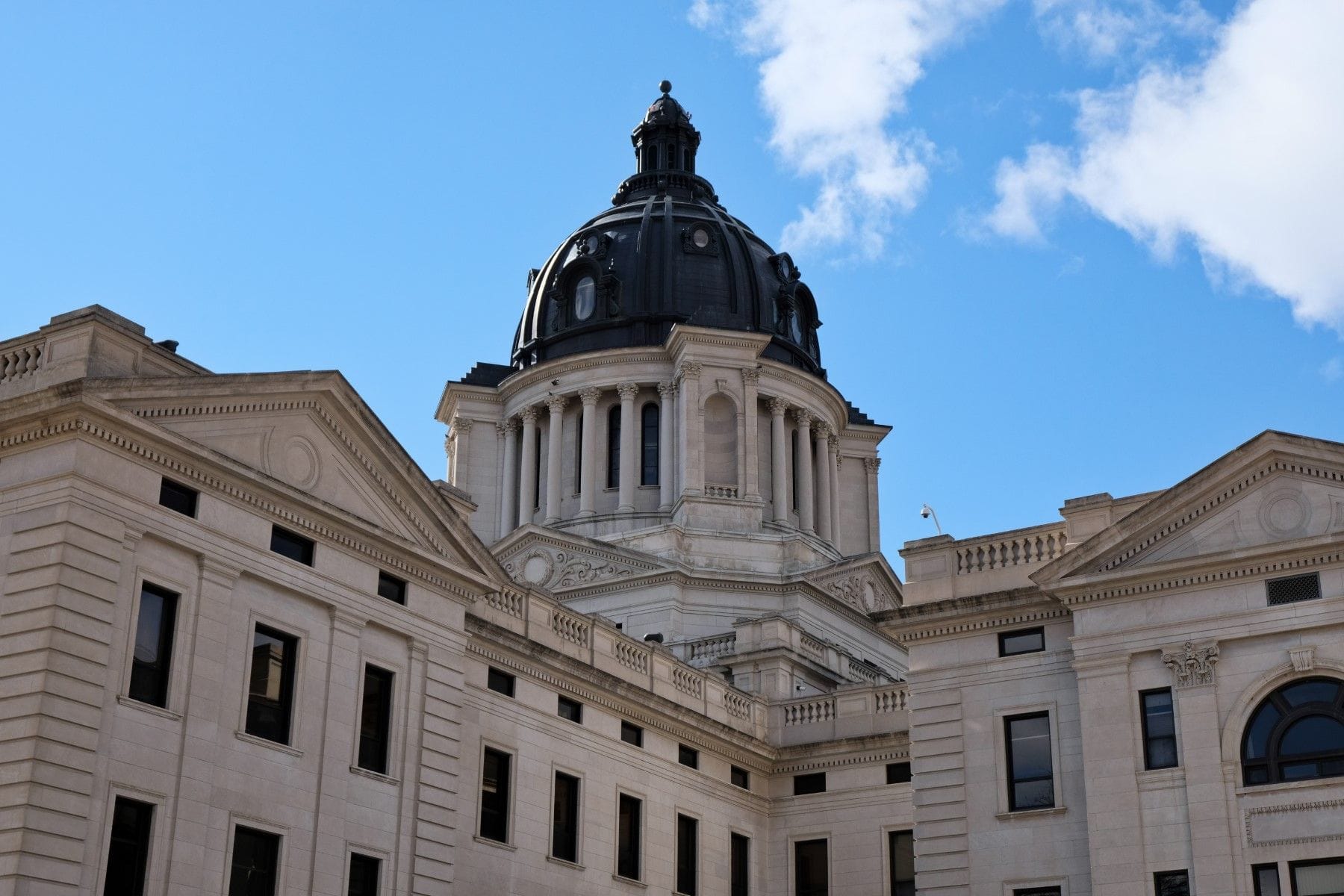Expert Witness Compensation Rules in South Dakota
South Dakota regulates expert witness compensation through statutes ensuring fairness, transparency, and ethical practices, emphasizing reasonable fees and disclosure.
Updated on
In this article
What Are the Rules Governing Expert Witness Compensation in South Dakota?
Expert witness fees and compensation in South Dakota are governed by specific legal standards aimed at ensuring fairness and transparency. The state adheres to established guidelines to regulate how expert witnesses are compensated for their services in legal proceedings. South Dakota has a structured framework that aligns with both state statutes and judicial interpretations to maintain integrity and consistency in legal processes. These guidelines encompass various aspects, including the determination of what constitutes reasonable compensation, disclosure requirements, and distinctions between types of expert witnesses.
Understanding South Dakota Code § 19-19-702: Payment Guidelines for Expert Witnesses
South Dakota Code § 19-19-702 outlines the framework for expert witness compensation, emphasizing the necessity of equitable remuneration for services rendered. This statute provides that expert witnesses are entitled to reasonable compensation for their time and expertise, which includes preparation, travel, and testimony. The "reasonableness" of these fees is often assessed based on several factors, such as the expert's credentials, the complexity of the case, and the prevailing rates for similar services within the jurisdiction.
The statute further clarifies that compensation arrangements should not influence the expert's testimony, thereby safeguarding the impartiality of the judicial process. In practice, this means that any agreements for compensation must be disclosed to ensure transparency, and the fees must not be contingent upon the outcome of the case.
Disclosure Requirements and Ethics Opinions on Expert Fees in South Dakota
Disclosure of expert witness fees is a critical component of ethical legal practice in South Dakota. Attorneys are required to disclose the compensation arrangements for expert witnesses to both the court and opposing counsel. This transparency is vital to prevent any potential conflicts of interest and to uphold the integrity of the legal process.
Ethics opinions in South Dakota emphasize that expert witnesses should not be compensated based on the outcome of the case, as this could compromise their objectivity. Legal ethics committees have consistently opined that any form of contingent fee arrangement is unethical. The South Dakota Rules of Civil Procedure align with these opinions, underscoring the importance of transparent and fair compensation practices.
Distinction in Compensation between Retained Experts and Treating Physicians in South Dakota
South Dakota law distinguishes between retained experts and treating physicians regarding their compensation. Retained experts are typically hired specifically to provide testimony or expert analysis in legal proceedings. Their fees are negotiated based on their expertise, the time required, and the complexity of the case.
In contrast, treating physicians are primarily involved in a case due to their prior role in treating a party to the litigation. Their compensation is generally limited to fees for time spent preparing for and providing testimony, rather than for the broader analytical services expected from retained experts. This distinction is vital to understand, as it influences how legal professionals approach compensation negotiations and disclosures.
Practical Tips for Structuring Expert Witness Fee Agreements in South Dakota
When drafting fee agreements for expert witnesses in South Dakota, legal professionals should consider several best practices to ensure compliance with state regulations and ethical guidelines. Here are some practical tips for structuring these agreements:
- Clarify Scope of Work: Clearly define the services the expert will provide, including preparation, consultation, travel, and testimony. A well-defined scope helps in justifying the compensation.
- Establish Reasonable Rates: Research prevailing rates for similar experts in the jurisdiction to set competitive yet fair compensation. Consider factors like the expert's qualifications, experience, and the complexity of the case.
- Avoid Contingent Fee Arrangements: Ensure that the fee structure is not contingent upon the outcome of the case to maintain the expert's objectivity and comply with ethical standards.
- Include Disclosure Clauses: Incorporate provisions that outline the necessity of disclosing the compensation arrangement to the court and opposing counsel, reinforcing transparency in the process.
- Outline Payment Terms: Specify payment terms, including when payments will be made (e.g., upfront retainer, hourly billing, or upon completion of services) to avoid misunderstandings.
- Document Everything: Maintain thorough documentation of all communications and agreements related to compensation to protect both parties and facilitate compliance with legal and ethical obligations.
- Review and Revise: Regularly review the fee agreement template and revise it as necessary to stay updated with any changes in laws or ethical guidelines affecting expert witness compensation.


